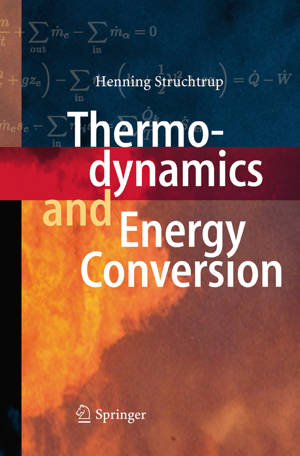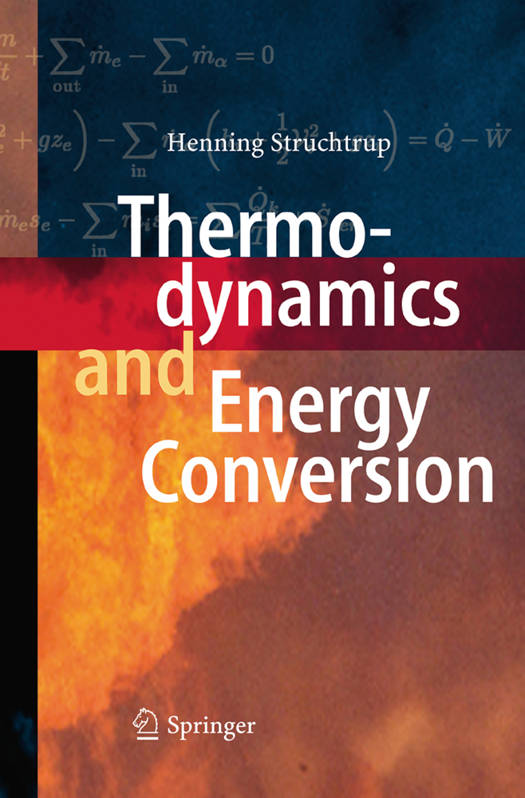
- Retrait gratuit dans votre magasin Club
- 7.000.000 titres dans notre catalogue
- Payer en toute sécurité
- Toujours un magasin près de chez vous
- Retrait gratuit dans votre magasin Club
- 7.000.0000 titres dans notre catalogue
- Payer en toute sécurité
- Toujours un magasin près de chez vous
Description
This textbook gives a thorough treatment of engineering thermodynamics with applications to classical and modern energy conversion devices.
Some emphasis lies on the description of irreversible processes, such as friction, heat transfer and mixing and the evaluation of the related work losses. Better use of resources requires high efficiencies therefore the reduction of irreversible losses should be seen as one of the main goals of a thermal engineer. This book provides the necessary tools.
Topics include: car and aircraft engines, including Otto, Diesel and Atkinson cycles, by-pass turbofan engines, ramjet and scramjet; steam and gas power plants, including advanced regenerative systems, solar tower and compressed air energy storage; mixing and separation, including reverse osmosis, osmotic power plants and carbon sequestration; phase equilibrium and chemical equilibrium, distillation, chemical reactors, combustion processes and fuel cells; the microscopic definition of entropy.
The book includes about 300 end-of-chapter problems for homework assignments and exams. The material presented suffices for two or three full-term courses on thermodynamics and energy conversion.
Spécifications
Parties prenantes
- Auteur(s) :
- Editeur:
Contenu
- Nombre de pages :
- 597
- Langue:
- Anglais
Caractéristiques
- EAN:
- 9783662518755
- Date de parution :
- 17-09-16
- Format:
- Livre broché
- Format numérique:
- Trade paperback (VS)
- Dimensions :
- 156 mm x 234 mm
- Poids :
- 848 g

Les avis
Nous publions uniquement les avis qui respectent les conditions requises. Consultez nos conditions pour les avis.






